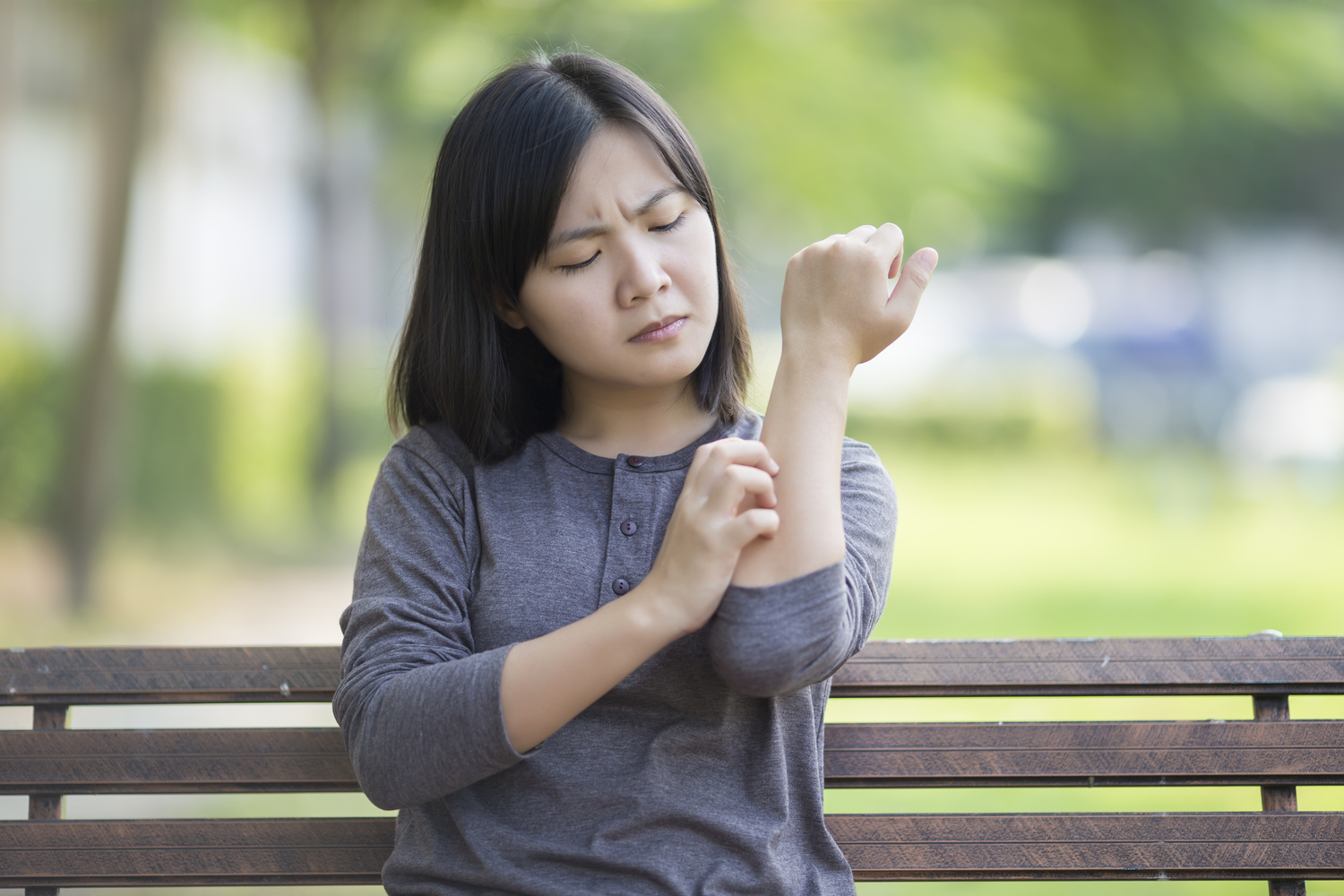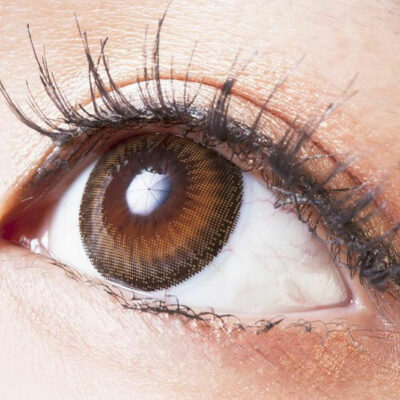
5 Causes of Psoriasis
Psoriasis is a condition of the skin. People that have psoriasis will experience red patches of skin with white scales. The patches typically occur on a person’s elbows, knees, scalp, and lower back. These patches of skin occur when the skin cells are multiplying faster than normal. Psoriasis is not contagious, but it does occur in people of the same family with one in five people having it saying they also have a family member with the disease.
The condition typically starts in people ages 15 to 24 but can occur at any age. Psoriasis can be diagnosed by a dermatologist. Common types of psoriasis include:
- Plaque psoriasis is the most common psoriasis it affects more than 8 million Americans.
- Guttate Psoriasis: This is the second most common type of psoriasis. It often appears in children after a strep infection. You will see pink to red spots on the upper arms, chest, scalp and thighs. The condition will typically subside after two weeks.
- Inverse Psoriasis: This type of psoriasis appears as red liaison on body folds such as armpits, under the breasts, groin, buttocks, and genitals. The liaisons get worse when sweating.
- Pustular Psoriasis: A less common form of psoriasis that occurs in adults. This will appear as white pus patches on the hands and feet.
- Erythrodermic Psoriasis: Extremely rare and people who have this type of psoriasis need immediate medical attention. Patients will experience burning of the skin, peeling, and severe itching. People also experience racing hearts and changes in body temperatures.
Symptoms of psoriasis vary depending on the type of psoriasis. The most common symptoms are:
- Skin patches that will be red and that often have silver toned scales. Patches are often itchy, crack and bleed.
- A burning sensation on the skin.
- Discoloration, tiny dents, pitting, or crumbling of the fingernails, and toenails.
- Patches of scales or crust on the scalp.
Causes of psoriasis vary depending on patient and type of psoriasis they are suffering from, however, common triggers include:
1. Cold and dry weather
People with psoriasis typically experience worsening symptoms in cold and dry weather and condition improves in warmer months.
2. Skin injury
A skin injury such as a scrape, sunburn, bump, tattoo or other condition can cause psoriasis to flare up.
3. Stress
Although stress does not cause psoriasis it does exacerbate the condition. When people with psoriasis are experiencing extreme periods of stress, they will see red patches and other symptoms.
4. Smoking or exposure to secondhand smoke
Research has found there is a link between psoriasis and exposure to smoke. Studies found that a person’s risk of psoriasis doubles if they are a smoker and increases the more cigarettes they smoke per day. The nicotine found in cigarettes alters the immune system and affects skin inflammation.
5. Medications
To a lesser extent several drugs have been tied to psoriasis. Some medications that are tied to the condition are lithium, malaria drugs, and some beta-blockers.


